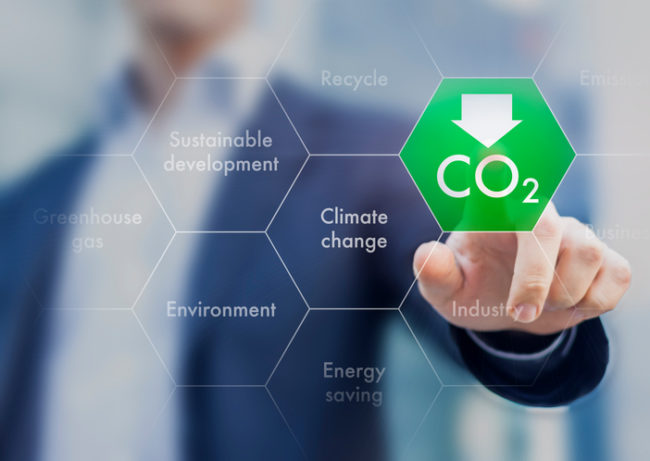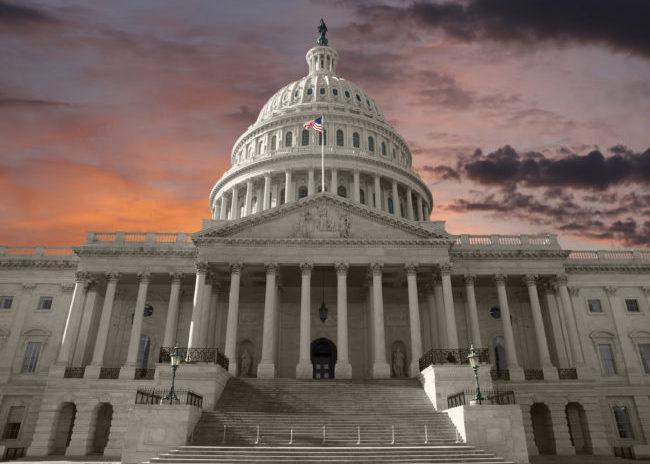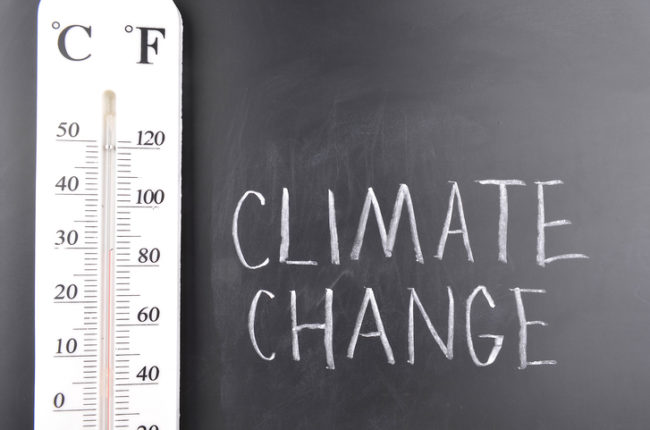In 2018, California has seen a spate of devastating wildfires that has already consumed more than 1,000,000 acres, caused scores of deaths, rampant property destruction, and millions of dollars in economic loss. Following a 2017 fire season that was nearly equally as tragic, a public debate has emerged regarding the origin of the increased frequency and intensity of these disasters.
In August, following fires in Redding, California, and in the last week during blazes outside of Sacramento and Los Angeles, the president criticized forest management …
Continue Reading







